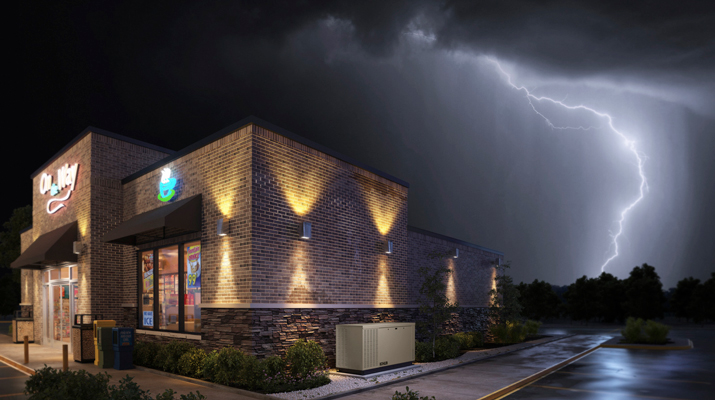PERC shares how propane can keep critical operations running during emergencies
As extreme weather events and unexpected power outages continue to impact communities across the country, the need for resilient, portable and reliable energy sources has never been greater.

At this year’s Disasters Expo in Miami, the Propane Education & Research Council (PERC), Evergreen Power, Eco Power and Westinghouse are showcasing the critical role of propane in emergency preparedness, response and recovery.
From standby generators to towable light towers, propane-powered equipment ensures that businesses, emergency responders and critical infrastructure remain operational when conventional power sources fail.
“In the face of disasters, reliability is key,” says Mike Newland, director of agriculture business development at PERC. “Propane is widely available, portable and can be stored indefinitely, making it an ideal energy source for disaster resilience.”
As the frequency and intensity of hurricanes, wildfires, extreme heat events and winter storms
increase, propane stands out as a clean, efficient and dependable energy solution that can support critical services in remote locations and during grid failures, according to PERC. Unlike diesel or gasoline, propane does not degrade over time, ensuring long-term energy security when it’s needed most.
Key propane-powered solutions for emergency response include:
- Standby generators: Activate within seconds of a power outage to keep hospitals, businesses and homes running smoothly.
- Towable light towers: Provide bright, reliable lighting in disaster zones to enhance safety and visibility.
- Combined heat and power systems: Generate electricity while capturing waste heat for hot water and heating, ideal for shelters and critical facilities.
- Portable water heaters: Ensure hot water access in emergency response stations and shelters.
- EV charging stations: Keep electric vehicles operational with propane-powered mobile chargers when the grid is down.
- Autogas infrastructure: Ensure first responders and relief teams stay mobile even when fuel supplies are disrupted with propane-powered emergency response fleets.
Propane-powered generators are a low-emission alternative to diesel-powered generators, reducing harmful particulate matter, nitrogen oxides and carbon emissions that can exacerbate poor air quality in disaster-stricken areas. According to PERC, propane-powered engines offer quieter operation and require less maintenance, making them a cost-effective and environmentally responsible choice for long-term disaster resilience.
















